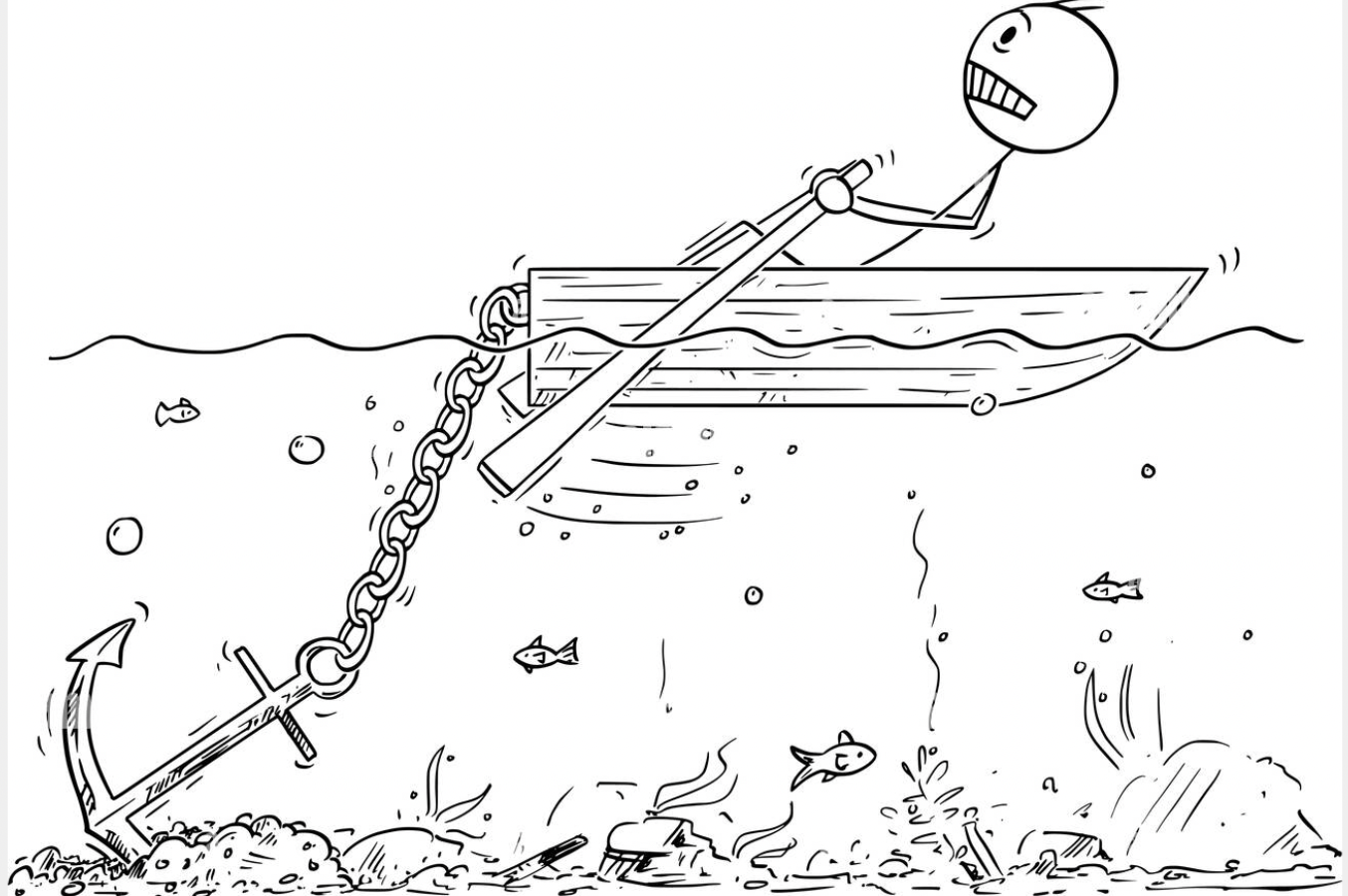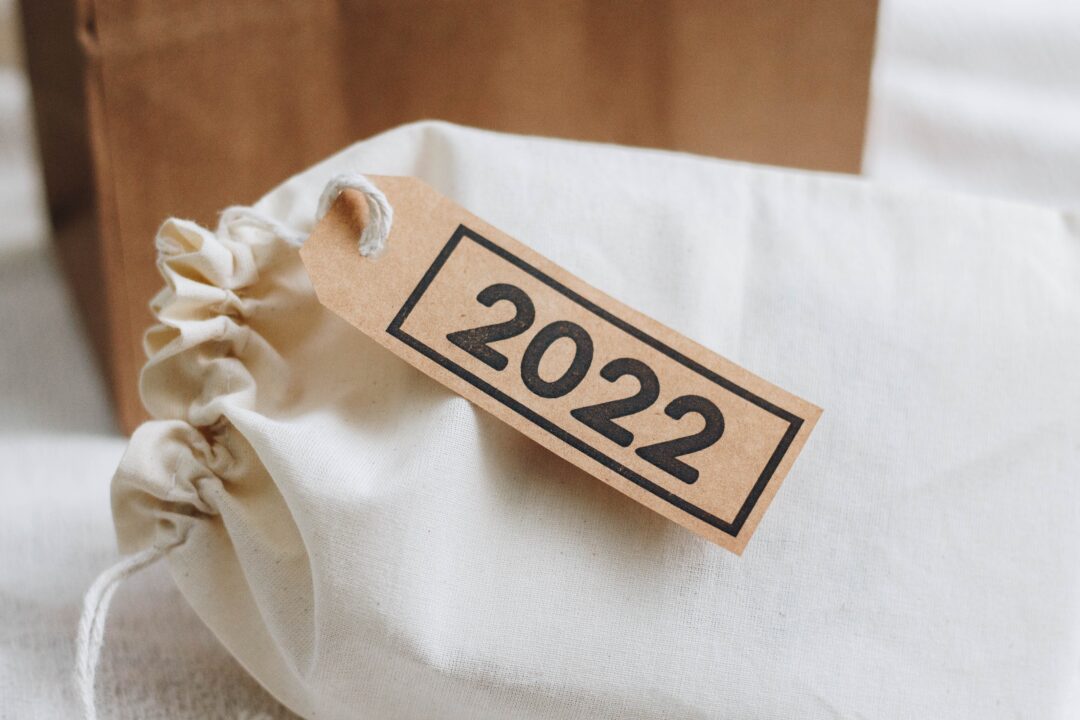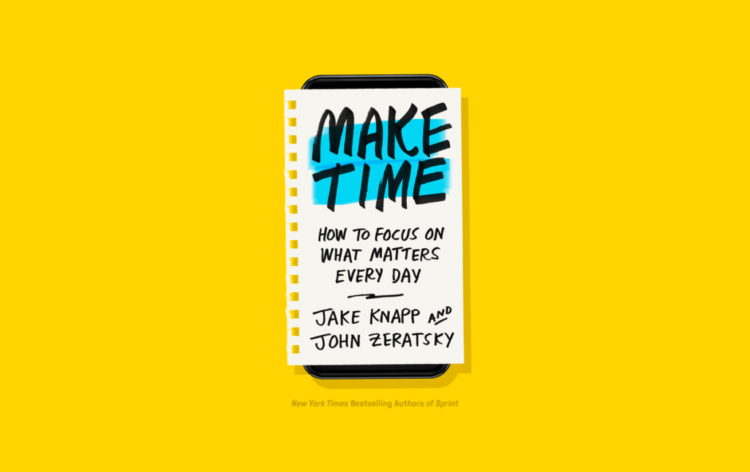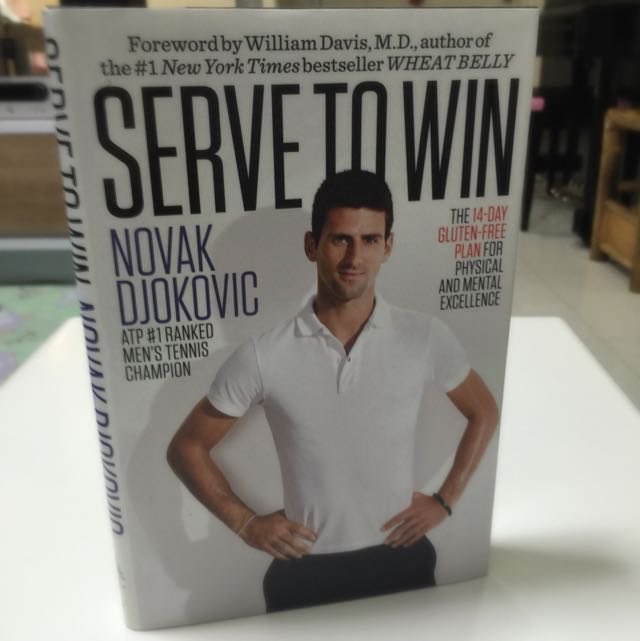“It was the best of times; it was the worst of times. It was the age of wisdom; it was the age of foolishness.” ~A Tale of Two Cities
As we age, we all lose things that are important to us with new things taking their place. Old friends leave, but new ones join you in your journey. Old hobbies die, but new ambitions burn. But this year, more than any other, brought into sharp focus our sense of mortality. Living through the worst breakdown of public healthcare systems of our times, we all have someone we did not quite realise we had already spoken to for the last time. But loss is like a fixed asset – it depreciates over time, and humans learn to always move on like a river to the sea.
But as we grow older – too old for crazy drunk new year parties and old enough to realise the futility of new year resolutions – what does this dribbling away of another year mean? Perhaps the only way of knowing we are not only growing older but also wiser is to know that we have spent many years on god’s good earth and not the same year many times.
“It is the business of the times to change…And it is the business of gentlemen to change with them.” ~A Gentleman in Moscow
That is the one reason why I’ve learned to kick back my feet at the end of the year and reflect on the things I’ve learned. Here are my ten reflections from 2021:
1. Celebrate the moments you share with your loved ones
Looking back at the year, I realise now that too often I spent moments I should have been spending celebrating with my friends and family engrossed in work or some other trivial pursuits. In trying to maximise personal productivity, I often lost the key to personal happiness. Nothing brought this home than the terrible news of a close school friend succumbing his life to COVID – and the even more terrible realisation that I had not talked to him for a long time.
No project in life has a higher payoff than a happy family and a close group of friends. Being rich and famous is mostly chance. Being content and fulfilled is mostly choice. They ket then to happiness is to find the people who celebrate you for who you are rather than what you do. It’s a much smaller circle…but it’s the group that really matters.
Productivity is not about trying to make each hour count. The most precious moments in your life are the ones that happen in your least productive time. Instead, productivity is about having the awareness to make the most of the minutes, hours and days in front of you. In short, productivity is the means to a good life and not an end in itself.
2. Good results come from intensity and consistency – not from good intentions
One of my biggest inspirations this year in terms of how I set up my days came from Atomic Habits by James Clear. As Clear says, winners and losers have the same goals – they just pursue them differently. I learned to spend a lot of time reflecting on how I need to pursue my targets – not just on setting them.
Professionals stick to the schedule. Amateurs let life get in the way.
— James Clear (@JamesClear) September 29, 2017
My essential learning was to set goals for short-term objectives (projects, business) and set habits for things I want to build my life around (health, family, mindfulness). Life can often come in the way of best intentions and goals – lifestyle abides in good times or bad. Inertia dictates much of our lives – we can decide whether it helps us maintain momentum or create friction in achieving it.
3. A sound mind needs a sound body
Nothing is so easy to ignore and yet so foundational to achieving your goals as your health – and I found this out the hard way this year. No other goal in life – happiness, professional ambitions or personal hobbies – are achievable if your body does not support the demands placed on it.
After ignoring my body for the better part of the year by not taking out the time for working out regularly and not giving it the most optimal fuel, I ended the year with a triple slip disc. As someone who loves working out and finds release in hitting the gym, it was tough to be laid out on bed rest for more than a month and coincided with some dark thoughts. The irony: by not taking the time to be more regular in the gym earlier in the year, I ended up wasting time laid out on the bed recuperating. That is NOT a mistake I plan to make again.
Another really important aspect of a healthy lifestyle where I’ve had a 180-degree turn is the importance of getting sound sleep. As someone who regularly use to wear a lack of sleep as a badge of honour, I now look at sleep as my best therapy. There is hardly any tiny ailment, mood or pain that sleep will not cure. What makes for good sleep? For me it is exercising, no coffee after 3 pm, light dinners, no phone near the bed and no screen time an hour before I sleep.
4. The easiest way to raise your game is to work with smarter, more driven people
One of my biggest learnings this year is that performance and learning are contagious and nothing drove it home more than working with Akshay and the team at Leverage Edu for a significant part of the year.
Often when life gives you opportunities to learn, it demands you get outside your comfort zone. It’s much better to work with people who are demanding and driven and expect the same of you than with people who are laid back and don’t push you to raise your game too. It’s only by stretching that we grow. It’s only by getting clear and well-directed feedback that we improve. Keep trying to find the room where you are neither the smartest nor the hardest working person. Every time you find you are the smartest and hardest working person in the room, find another room.
5. Learning compounds – but only if we let it to
I read more than most – I have read more than sixty books every year over the last five years. And numerous articles, reports and blogs on a daily basis. But if you asked me how I was using this base of knowledge I was building or using it regularly, I would be at a loss for words. I had a great habit built over a lifetime but I was failing to use it – like a luxurious lifeboat without an engine.
This year, I finally took great strides in putting in place a Personal Knowledge Management (PKM) system that allows me to build on and continually add to my knowledge base. The Building A Second Brain course by Tiago Forte helped me be more mindful of how I manage the constant stream of info I come across and how to automate capturing the essential pieces.
Our brains evolved in a culture of scarcity, and we are still not ready for a world of information abundance. That is why every notification still triggers us, and we find it so hard to tear away from doomsday scrolling. Having a PKM is not only creating a usable edifice of knowledge but also about using it as a creative outlet to express yourself or move towards your goals. In essence, our brain should be a factory with regular output rather than a warehouse where info is stored only to gather dust.
Paradoxically, our most significant learning comes not from an external source but from reflecting on our own experiences. Spending time on reflection is an investment yourself. Learning doesn’t happen by osmosis; it happens only with awareness.
6. Play games you WANT to win
More important than setting goals is to reflect on the goals you have selected. Before you start a project on which you are likely to spend a significant amount of time, it is important to ask yourself what success looks like, and if you were successful, how does it impact you? Nothing is more wasteful in life than to spend your time, your one most valuable resource, on goals that don’t move you forward. It is easy to fall into the fallacy that because you are working hard you are moving forward.

As Goodhart’s Law states: “When a measure becomes a target, it ceases to be a good measure”. To add to it, when a target becomes a goal without any reward, it should cease to be a target. From school to our professional life, we are used to having someone else set targets for us. And if you let someone else define your goals and your motivations, you are moving in a direction they want, not where you want to go.
This also means you don’t have to finish every project you start. As more data becomes available, it is okay to reassess your options – be it a book you are reading or a business project you are undertaking. Without intrinsic motivation, you will lose focus EVERY time you hit a roadblock – unless you enjoy the journey, it is hard to finish it, especially when things get sticky.
7. Tech can help you create a better life…or a worse one
I am old school enough to remember a time without mobile phones and romanticise about it. And while I don’t want this to sound like another “in our time” story, I really do believe that mobile phones have made us less aware and less connected than ever before.
Personally, I have made a conscious effort to cut down on the amount of time I spend on them. One of the easiest ways to do this is to make chunks of your day phone-free. When engaged in deep work, spending time with family, at a dinner with friends, or before going to sleep I try to turn off notifications and keep the phone as far away as possible. In fact, one of the easiest ways to increase the quality of your sleep is to charge your phone away from your bed.
At the same time, this was also the year that I automated a lot of my work routines using tech. I now use Readwise to automatically save all notes from articles and books I read, Superhuman saves me hours every week on email, Notion has become the home to my second brain, and I extensively use brain.fm to focus while working. All of these have helped me save time or get more done from my time.
Attention is our most valuable resource. The quality of almost all that I do depends largely on the amount of attention we dedicate to it. We can let tech focus our attention or fragment it.
8. Sometimes, the best reaction is a pause
“Remember, it is not enough to be hit or insulted to be harmed, you must believe that you are being harmed. If someone succeeds in provoking you, realize that your mind is complicit in the provocation. Which is why it is essential that we not respond impulsively to impressions; take a moment before reacting, and you will find it is easier to maintain control” ~Epictetus – Enchiridion XX
A large part of our daily life is dictated by habits – we react to triggers that life throws at us. Very often, we don’t even react to an event – we react to our impression of it. Usually, this reaction is driven by emotions (which our brain processes much faster) than logic.
The one learning I’ve tried to adopt this year is to manage my reaction to events. Very often life does not go the way you want it to. I cannot control life – I can only try to control my reaction to it. Does that mean I never get angry, irritated or sad? No. But in trying to take in a perspective and putting a pause in between the action and reaction, I am getting much better at moderating my response.
9. The world needs more of Ted Lasso (and less of Squid Games)
We could all do with spending more time trying to make the people around us happy (it will genuinely make you happy too!) and less time trying to play zero-sum games.
10. Traveling is a system reboot for your mind
The road trips and family holidays I made this year were not only the highlights of the year where stepping out otherwise was a challenge, but each time, I came to the office with renewed energy and bubbling with new ideas. When I look back at the year, the best moments are from these holidays, including one where we brought the entire extended family (25+ people) together in Udaipur. Having four generations spending Holi together are the kind of memories you carry to your grave.
The end of a year is a strange time. We stand at the end of a long road carrying the baggage of unmet dreams or basking in the glory of fulfilled ambitions. At the same time, there lies before us another journey glittering with exciting possibilities or trepidations of what we may meet on the road. The thing is, there is no Google Maps for life, no real-time traffic updates. You don’t go from Point A to Point B via the path of least resistance. As long as you know where you are headed, the journey itself can be motivation enough.
Wish you all a great 2022!




